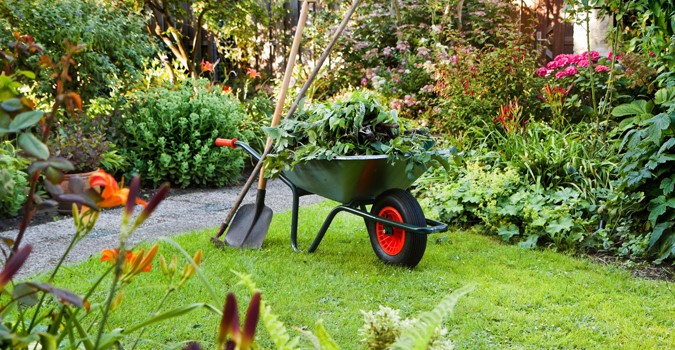
Everybody with a garden have to deal with garden maintenance which result in piles of grass cuttings, leaves and branches to be disposed of.
Many people make use of their municipal wheelie bin to dispose of their garden refuse and in many cases use household plastic bags that is placed next to the bin. It is known that up to 75% of refuse in a wheelie bin is garden refuse, taking up space for household garbage.
So, the garden refuse is left to pile up in a corner on your property to be disposed of on a Saturday at a municipal garden refuse site, if you remember or have time. These visits can sometimes be quite an ordeal. Leaving a pile of garden refuse to accumulate result in bigger problems down the line as it will start to decompose and smell, creates a great place for mice and rats to move in and in some cases followed by snakes.



In some suburbs in Johannesburg, people also experience the municipality refusing to pick up garden refuse and then you have to make alternative arrangements such as searching the internet for someone that can pick up your garden refuse or rent a skip. You will know that it can become quite expensive, quickly.
Did you know

The city is not picking up garden refuse in some suburbs in Johannesburg and this practice will probably be rolled out to other suburbs. This is part of a strategy to get people to recycle and make use of garden refuse disposal sites.
The city is also running out of landfill space. Indications are that there are less than 6 years use left of the current landfill sites.
Garden refuse that is disposed of at landfill sites are not necessarily used to make compost. If you take into consideration the volumes generated by household gardens, you can understand that landfill sites are running out of space, but think of how much compost can be produced that goes back in fertilizing gardens and food production!
Garden refuse collection can generate a lot of job opportunities and especially for the unskilled and uneducated. Working as a collector or producing compost, a lot of people can earn a livable income and at the same time keep the city clean and neat.
Yes, in the future, you will have to look at alternative services.